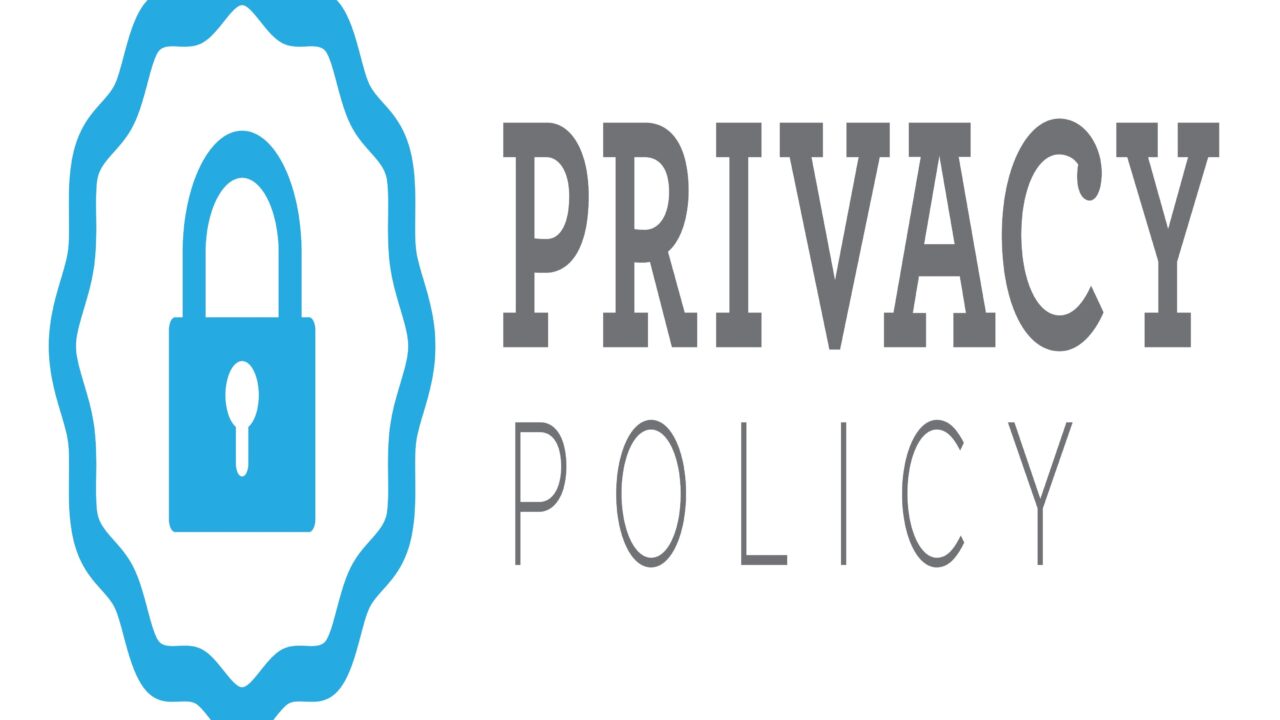🔍 What Is a Privacy Policy and Why Does Your Online Store Need One?
If you run an e-commerce business in Japan, having a privacy policy is not optional—it’s a legal requirement.
A privacy policy is a public document that explains:
-
What personal data you collect
-
Why you collect it
-
How you store, share, and protect it
Under Japan’s Act on the Protection of Personal Information (APPI), all businesses handling personal data must clearly disclose how they use that data—and a privacy policy is the most effective way to do so.
⚖️ Legal Requirement: Disclose the Purpose of Use of Personal Information
According to Article 21 of the APPI, businesses that collect personal information must:
-
Notify the individual of the purpose of use, or
-
Publicly announce the purpose, if not already disclosed
That means you cannot simply collect customer data and decide later how to use it.
You must clearly define the purpose upfront—usually through a privacy policy published on your website.
🔁 You Must Handle Data Access and Deletion Requests
If your company stores customer data (e.g., purchase history, contact info), the law requires that you:
-
Disclose the data upon request
-
Correct inaccurate data
-
Suspend or delete data if requested
-
Provide procedures for these actions
💡 Pro tip: Add these procedures to your privacy policy so users know how to contact you and what to expect.
This also helps your business respond quickly and maintain legal compliance.
🛠️ How to Write a Privacy Policy for an E-Commerce Website in Japan
Step 1: Identify What Personal Data You Collect
This includes:
-
Customer names and email addresses
-
Payment or shipping information
-
Browsing and purchase history
-
Job applicant or employee information
Step 2: Define the Purpose of Data Collection
You must be specific. Vague language like “for marketing purposes” is not compliant.
✅ Example of a clear purpose:
“We analyze customer browsing and purchase history to deliver personalized product recommendations and targeted promotional emails.”
📋 What to Include in Your Privacy Policy (Checklist)
To comply with the APPI, your privacy policy should contain:
-
✅ Purpose of use of personal information
-
✅ Data security and protection measures
-
✅ Shared use of personal data (if applicable)
-
✅ Procedures for data access, correction, and deletion
-
✅ Contact information for inquiries or complaints
-
✅ Policies on third-party data sharing
Each of these must be tailored to how your company actually handles data.
🔐 Third-Party Sharing: Consent Is Mandatory
Even if your privacy policy mentions third-party sharing, you still need the user’s consent before providing their data to others.
For example:
-
Email marketing services
-
Analytics providers
-
Delivery companies
Make sure your site obtains explicit opt-in consent—this protects both your customers and your business.
🍪 Do You Use Cookies or Google Analytics? Here’s What You Should Know Under Japan’s Privacy Law
1️⃣ Not All Cookie Data = Personal Information
While cookies and tools like Google Analytics don’t always fall under the strict legal definition of personal information, they may still qualify as personally related information (個人関連情報) under Japan’s APPI.
2️⃣ When Disclosure and Consent May Be Required
If cookie or analytics data is:
-
Linked with personal identifiers (e.g., user accounts, email addresses), or
-
Shared with third parties (e.g., Google for analytics or advertising),
➡️ Then disclosure and user consent may be legally required under the APPI.
3️⃣ Best Practice = Clear Transparency
Regardless of legal classification, it’s strongly recommended to:
-
Clearly inform users about the use of cookies and tracking tools
-
Explain what data is collected and why
-
Provide opt-out options where possible
🔍 Why? Because transparency isn’t just good practice—it’s often essential for building trust and staying compliant.
🔄 Keep Your Privacy Policy Updated
Laws change. Your business evolves.
So should your privacy policy.
✅ When to review and update your privacy policy:
-
When laws like the APPI are amended
-
When you launch new products or services
-
When you change your data handling practices
Using templates or copying other companies is fine to start, but make sure your policy reflects your actual practices.
👉 If in doubt, consult a legal professional familiar with Japanese data privacy law.
🧩 A Privacy Policy Builds Trust and Protects Your Business
In today’s digital world, transparency and compliance go hand in hand.
Your privacy policy isn’t just a legal document—it’s a trust-building tool that shows customers you respect their data.
✨ Proactively publish a clear, compliant, and user-friendly privacy policy on your website.
This is one of the smartest moves you can make as an e-commerce operator in Japan.











